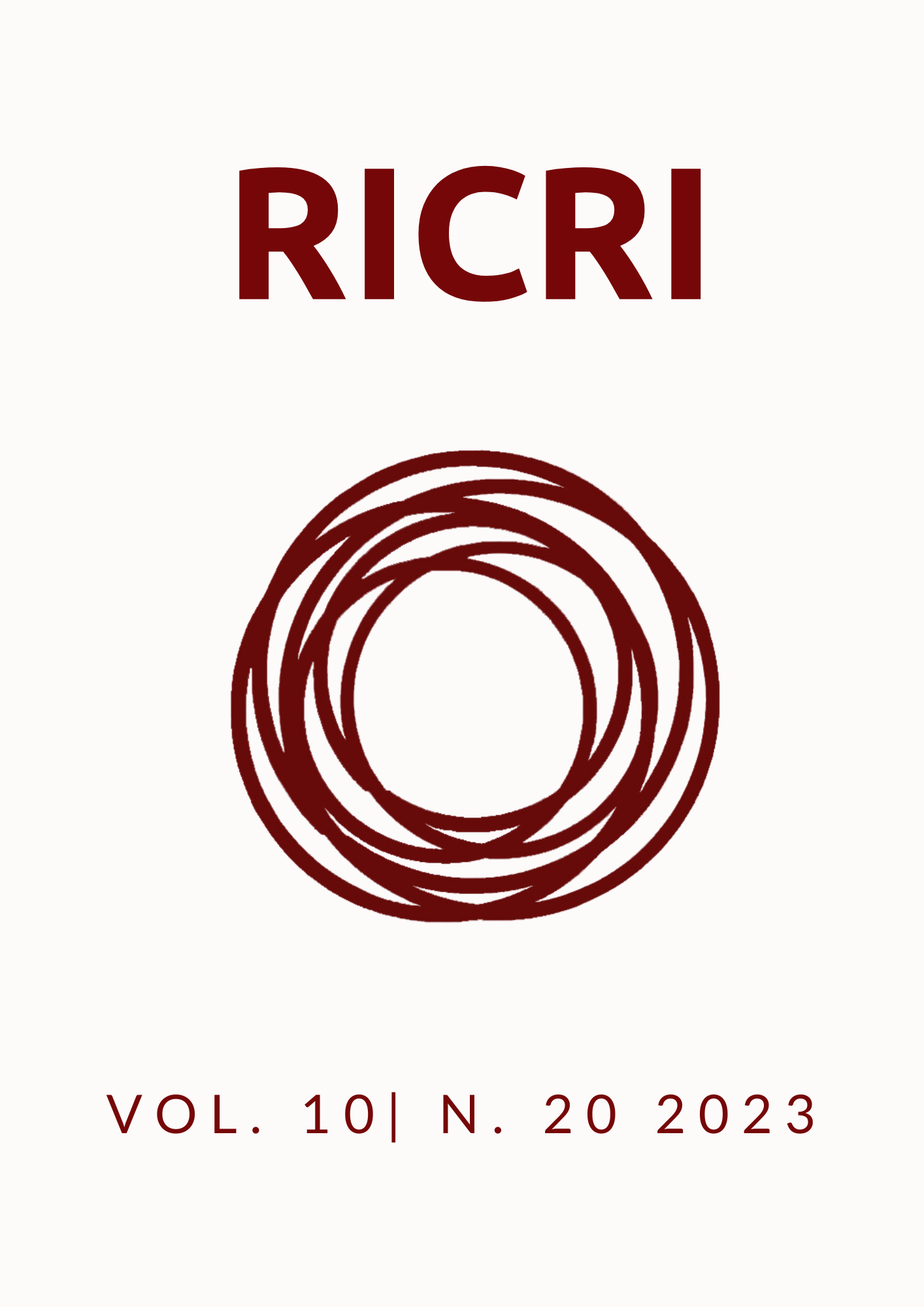Justiça Ambiental e o Green New Deal
Uma análise interseccional dentro da lógica de teoria aplicada
Abstract
From the idea that it is necessary to break with the environmental injustice that is structured in the exploitation of people and the planet, the objective of this work is to analyze the Green New Deal from an intersectional study between the proposals of the document and the 04 pillars of the radical environmental justice in Benjaminsen and Svarstad (2020) – (1) Distributive justice; (2) Recognition; (3) Procedural Justice and (4) Capabilities. The Green New Deal is a climate transition project based on the Keynesian logic of the State as the main actor in promoting economic and social development, in this case, the development of sustainable infrastructure, the creation of clean jobs, the promotion of environmental justice and the fight against to the global climate crisis. The research question is: “What is the empirical role of the Green New Deal in the theoretical debate on Environmental Justice?”. The methodology will be carried out from a theoretical investigation within Green Theory and Critical Ecopolitics in a comparative analysis of theory-project in the idea of applied theory in Barry (2014). The hypothesis is that despite the limits of a reformist project, the Green New Deal is inserted as an advance within the most radicalized debates in Environmental Justice, and shows itself as the tip of a movement that passes through the project, but goes beyond it.
Keywords: Environmental Justice. Green New Deal. Green Theory.
Downloads
Published
How to Cite
Issue
Section
License
Authors who publish with this journal agree to the following terms:
a. Authors retain copyright and grant the journal right of first publication with the work simultaneously licensed under a Creative Commons Attribution License that allows for sharing of work with acknowledgment of its initial publication in this journal.
b. Authors are able to take on additional contracts separately for non-exclusive distribution of the version of the work published in this journal (e.g., post it to an institutional repository or as a book), with an acknowledgment of its initial publication in this journal.
c. Authors are permitted and encouraged to post their work online ( eg, in institutional repositories or on their website) at any point before or during the submission process, as it can lead to productive exchanges , as well as increase the impact and citation of published work ( See the Effect of Open Access).




